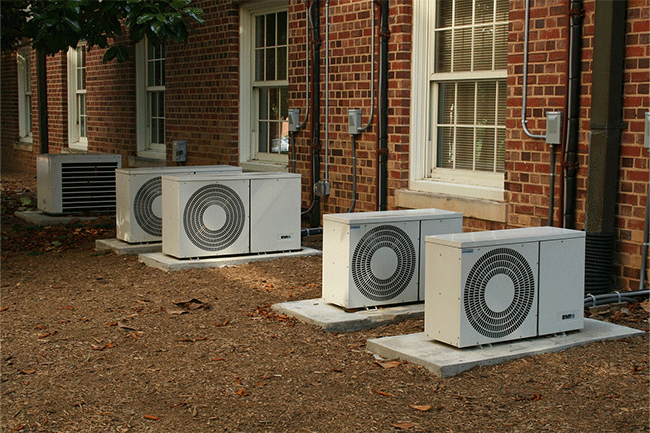With global climate change increasing, governments have taken steps to reduce greenhouse gas emissions in order to environmental sustainability. The Australian government recently announced that it will formally ban the import and production of small air-conditioning equipment using high global warming undervalue (GWP) refrigerants from July 1, 2024.

The specific content of the prohibition
Australia’s new regulation aims to reduce the use of high-GWP refrigerants, which are the biggest contributors to global warming.
Prohibition of imports and production:All small air-conditioning devices designed to use refrigerants with a GWP of more than 750, whether charged or not, will be banned from importing and manufacturing.
Applicable product scope:The prohibition applies to portable, window and cluster air-conditioning devices with a refrigerant load weight not exceeding 2.6 kg, which are usually used for cooling or heating spaces.
Licences and Immunities:Equipment imported under specific licenses and exemptions, as well as equipment imported in small quantities, are not covered by the ban.
Exceptions to prohibition
Although the implementation of the ban is widespread, some specific types of air conditioning devices are still allowed to use high GWP refrigerants.
Mobile air conditioning equipment:Air-conditioning devices for mobile devices such as vans and ships are not limited by the new regulations.
Special air conditioning:Air conditioning equipment required for special occasions such as computer rooms is also not prohibited.
Exemption from license provisions:Personal equipment, return equipment and temporary import equipment imported under the exemption license provisions are not affected by the new provisions.
Impact on Consumers
The Australian government has also warned consumers that air conditioning devices currently on sale will not be affected by the new regulation.In addition, devices imported or manufactured before July 1, 2024 will be allowed to continue selling after that date.This means consumers do not have to worry about the use and replacement of existing equipment in the short term.


 Follow customer service WeChat
Follow customer service WeChat